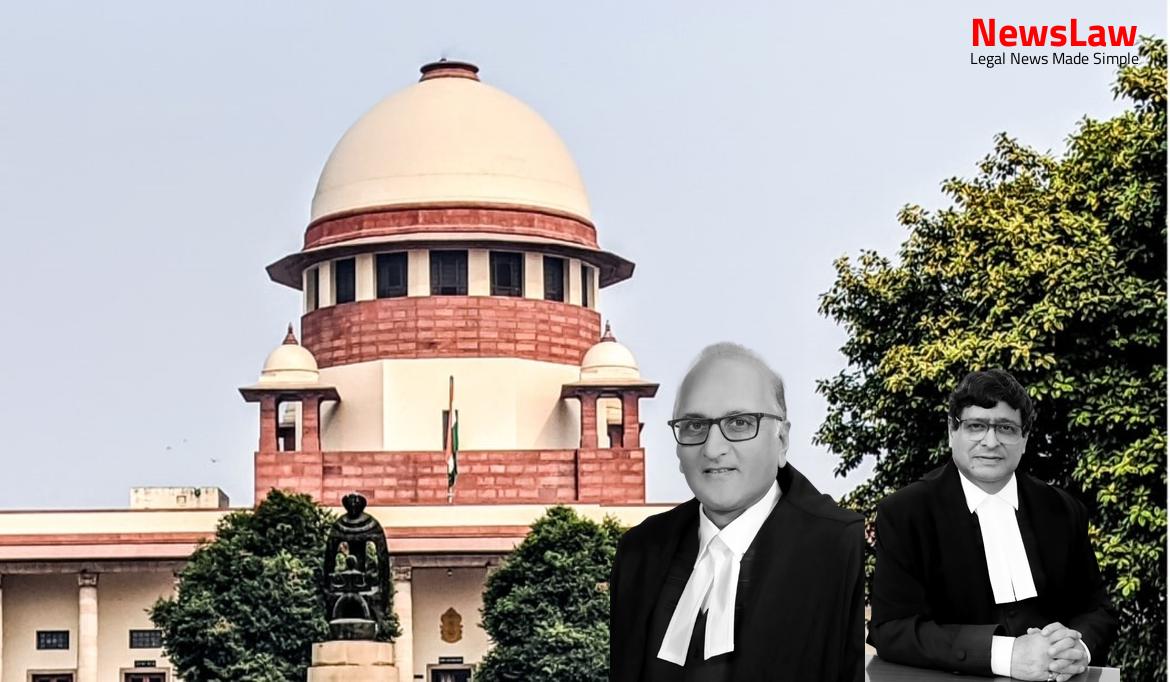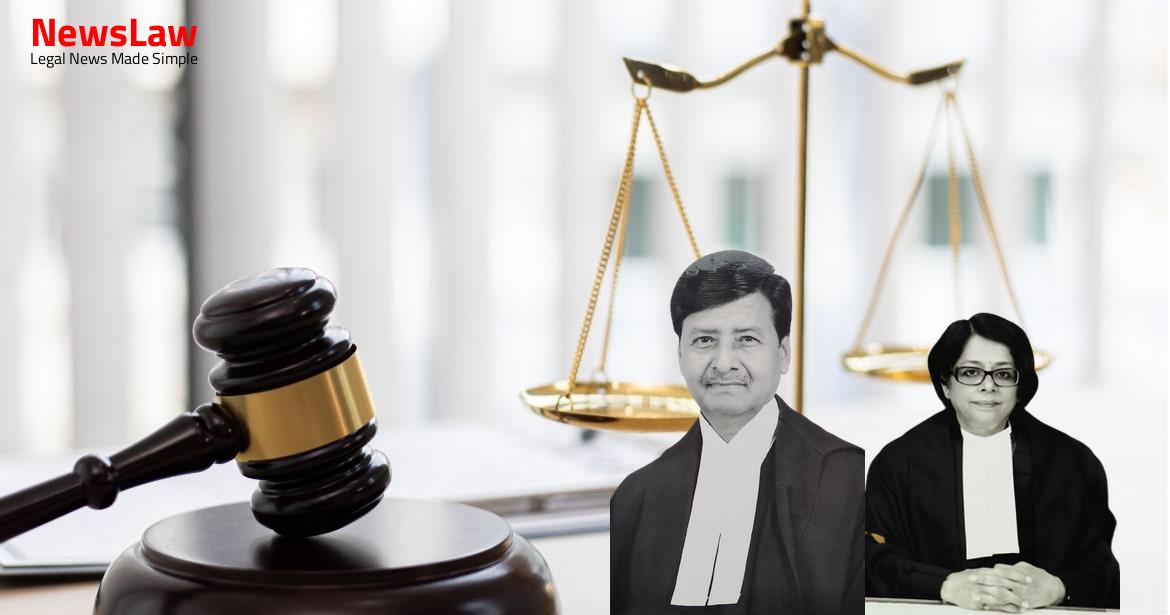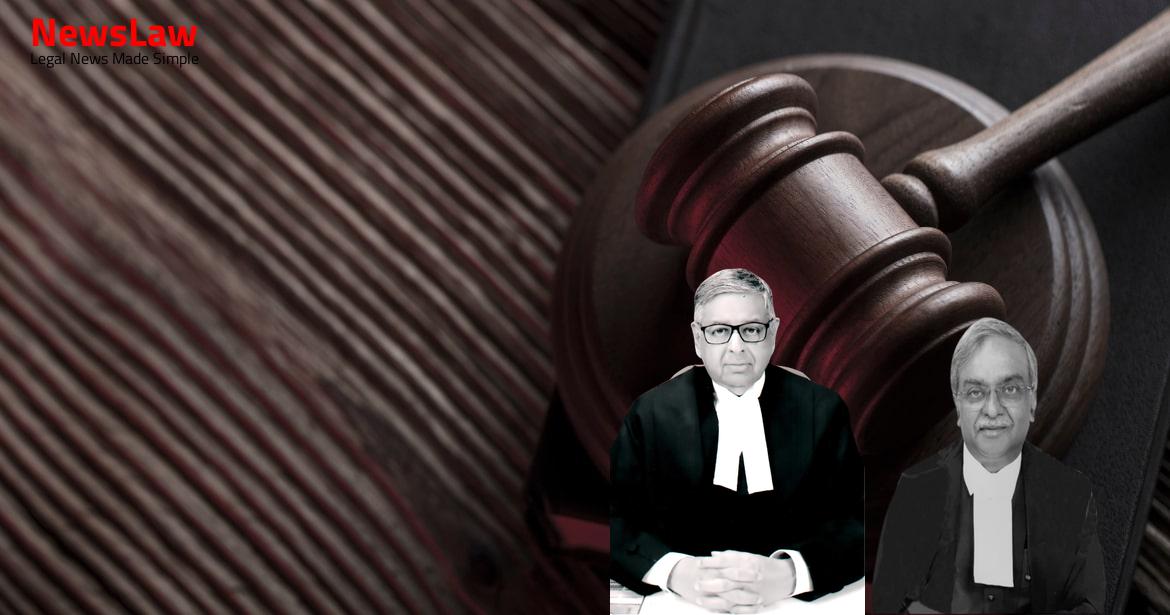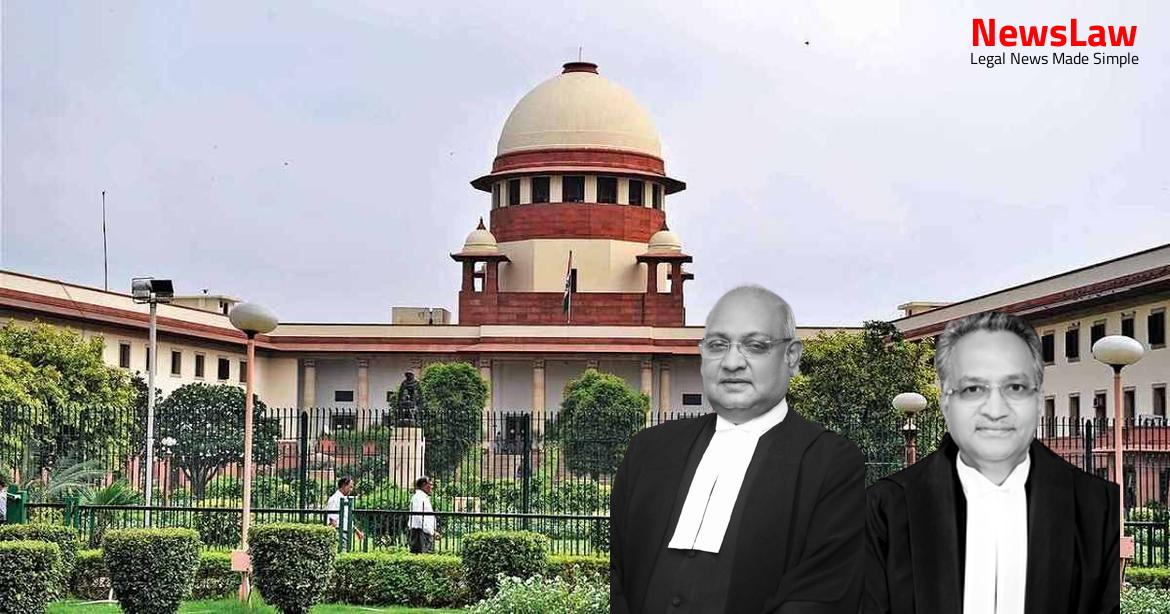The recent legal case examined the interpretation of UGC regulations and the retrospective application thereof. The court’s analysis focused on clarifying the implications of retroactive changes and their impact on past decisions. Dive into the details of this insightful legal analysis to understand the complexities of applying regulations retroactively.
Facts
- 2009 UGCR / third amendment continued the NET exemption for candidates with Ph.D. degrees in accordance with the 2009 Ph.D. Regulations.
- 2009 UGCR introduced minimum eligibility condition of NET/SLET for recruitment and appointment of Assistant Professors.
- Candidates with Ph.D. degree in compliance with 2009 UGC Regulations were exempt from NET.
- 2009 Ph.D. Regulations set uniform standards for Ph.D. admission, supervisor allocation, course work, evaluation, thesis depository, research paper publication, etc.
- Candidates with Ph.D. under 2009 Regulations were exempt from NET.
- 2006 UGCR second amendment introduced NET requirement for Lecturer appointment.
- 2000 UGCR mandated passing NET as essential for Lecturer appointment, with exemptions for M. Phil. or submitted Ph.D. by specific dates.
- 2000 UGCR exempted candidates with Ph.D. in relevant subject from NET qualification.
- The Division Bench held that the 2016 UGCR was applicable only prospectively, denying the benefit to Dr. Jayakumar.
- University and Dr. Jayakumar appealed to the Division Bench who affirmed the ruling of the learned Single Judge.
- University adopted the 2009/10 UGCR on 23.11.2013, not retroactively.
- Dr. Jayakumar argued that his appointment was in accordance with the existing laws and regulations.
- A Single Judge of the Kerala High Court held that Dr. Jayakumar was not qualified to hold the post of Lecturer and set aside his appointment.
- Dr. Jayakumar completed his graduation in Sociology in 1999, M.Phil. in 2000, and Ph.D. in 2006.
Also Read: Balancing Power and Transparency: Electoral Bonds Struck Down, Disclosure Mandated
Arguments
- Dr. Merlin argued that Dr. Jayakumar was ineligible for exemption from the NET qualification under the 2009/10 UGCR.
- Dr. Merlin, being NET qualified in 1998 and later obtaining a Ph.D., was considered better qualified for the position.
- The 2016 UGCR were seen as prospective, requiring specific conditions for those with Ph.D. qualifications prior to 11.07.2009 to benefit from them.
- The University appointed Dr. Jayakumar over Dr. Merlin, ignoring her qualifications and emphasizing on specific conditions under the UGC regulations.
- A resolution by UGC in its 471st meeting clarified that candidates obtaining Ph.D. on or before 31.12.2009 were exempt from the NET requirement.
- Dr. Merlin’s counsel argued that this resolution contradicted the 2010 UGCR and that only candidates meeting the 2009/10 UGCR standards were eligible for exemption.
- Despite the UGC resolution, the Central Government disagreed and this disagreement was discussed in the court’s decision in P. Suseela.
- The counsel urged that the UGC’s resolution could not provide relief to candidates like Dr. Jayakumar due to its conflict with the Central Government’s directives.
Also Read: Recall of Resolution Plan Approval: Legal Analysis
Analysis
- UGC regulations exempted M. Phil. / Ph.D. holders from qualifying in the NET based on the premise of greater subject understanding.
- The 2009 Ph.D. Regulations established pedagogic criteria and evaluation methods for Ph.D. degrees.
- Courts should apply changes in law affecting pending actions, even if it retroactively restores rights.
- The UGC clarified exemptions for pre-2009 Ph.D. holders, but the Central Government disagreed, leading to litigation.
- The 2018 UGCR was intended to protect pre-2009 Ph.D. holders, allowing exemption from NET.
- Dr. Jayakumar’s appointment was supported by the 2016 UGCR, applicable retrospectively.
- The retrospective application of UGC regulations aimed to rectify past hardships faced by pre-2009 Ph.D. holders.
- Subsequent amendments in UGC regulations differentiated between pre- and post-2009 Ph.D. holders for exemption from NET.
- The appeal decision overturned the previous judgment, supporting Dr. Jayakumar’s appointment and retroactive application of regulations.
- Declaratory statutes are meant to supply omissions or explain previous statutes.
- They come into effect when the previous enactment was passed.
- Interpreting amendments should consider clear inferences of retrospective application.
- Court rulings like Rafiquennessa v. Lal Bahadur Chetri and P. Suseela highlighted the retroactive implications of statutory provisions.
- Amendments clarifying the law are considered retrospective to avoid conflicting judicial interpretations.
- Legislature can pass declaratory Acts to correct judicial errors in statutory interpretation.
- Explanatory Acts are generally retrospective to shed light on previous laws.
- Statutes with clarificatory amendments typically have retrospective effects.
- Courts may construe provisions as conferring retroactive power based on clear language usage.
- Declaratory laws are understood to have retroactive operation when they clarify previous laws.
Case Title: UNIVERSITY OF KERALA AND ORS. ETC. Vs. MERLIN J.N. AND ANR. ETC. ETC. (2022 INSC 840)
Case Number: C.A. No.-005309-005314 / 2022



